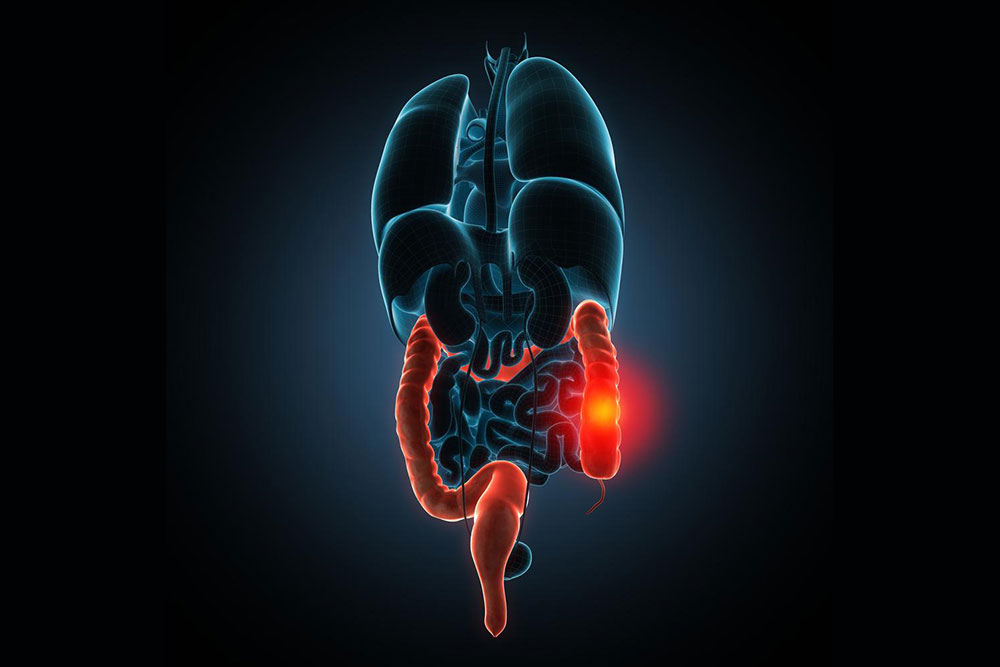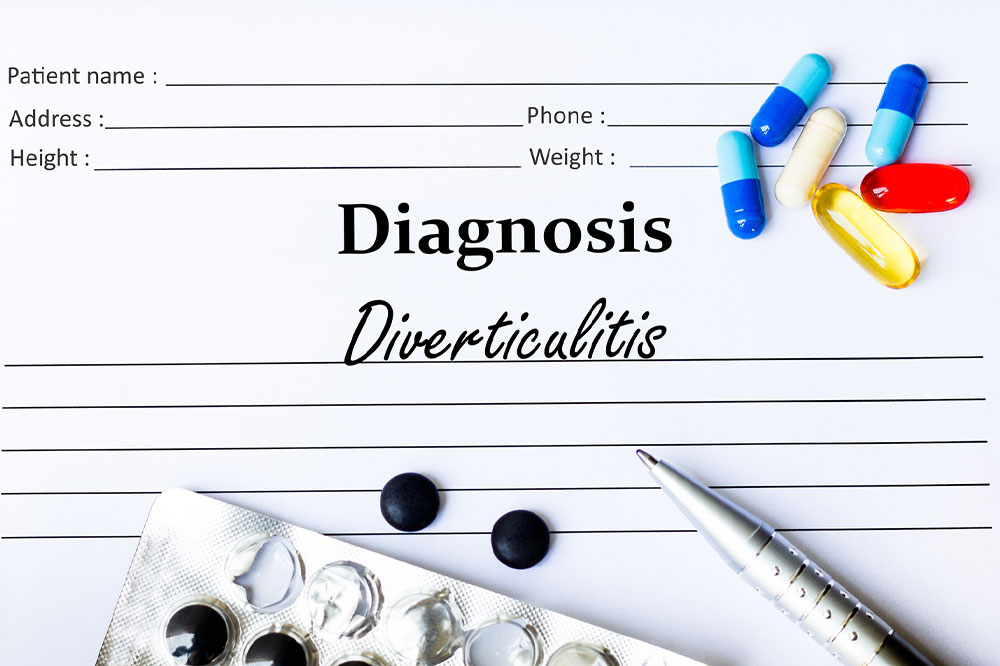Recognizing the Key Indicators of Colitis
This article outlines the key signs of colitis, including frequent diarrhea, abdominal pain, and fatigue. Recognizing these symptoms early is crucial for prompt treatment. Colitis affects the large intestine, disrupting digestion and causing systemic symptoms. The severity varies, with symptoms sometimes appearing sporadically. Early diagnosis can help manage the condition effectively and prevent complications.
Sponsored

Colitis, particularly ulcerative colitis, targets the large intestine, disrupting its normal function. Since the colon is crucial to digestion, inflammation caused by colitis can lead to broader gastrointestinal issues. Symptoms may vary depending on the extent of the affected area, and can sometimes appear intermittently. Some individuals might experience symptomless periods followed by flare-ups after weeks or months.
Common signs include:
Frequent diarrhea: Often bloody or containing pus, with urgency that can lead to discomfort after eating. Certain spicy or high-fiber foods may worsen symptoms.
Abdominal pain: Typically occurring around bowel movements, sometimes impacting other parts of the body or joints.
Fatigue and weakness: Due to anemia from blood loss, dehydration, poor sleep, and persistent diarrhea depleting energy.
Noticing these symptoms early and seeking medical advice is essential for effective management.






